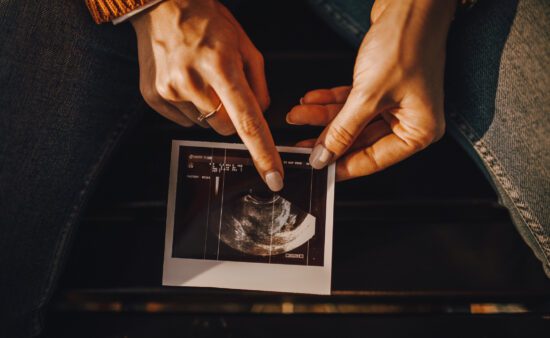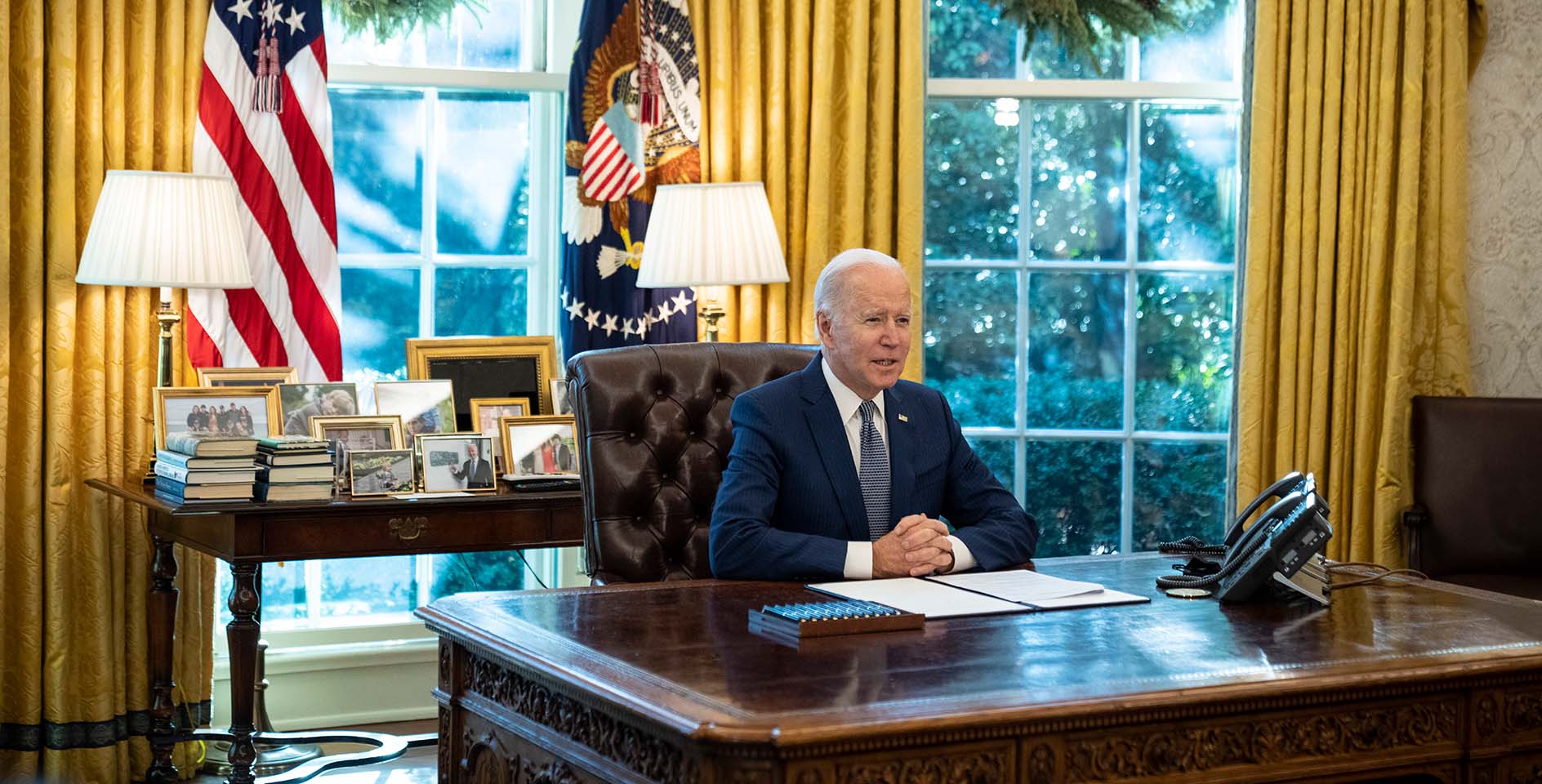On Feb. 2, 2023, the Departments of Health and Human Services, Labor, and Treasury released a proposed rule modifying “regulations regarding coverage of certain preventive services” under the Affordable Care Act. This is the 19th recorded change to the so-called “contraceptive mandate” since it was created under the Affordable Care Act.
On Monday, the ERLC filed public comments in opposition to the change.
What does this rule do?
The Affordable Care Act allows the departments to create both a religious and moral exemption to the contraceptive mandate in order to rightly protect the consciences of Americans, whether they are informed by deeply held religious beliefs or moral convictions regarding taking a life.
Though the proposed rule maintains the existing protections for religious entities and employers, it rescinds the “moral exemption,” created in a 2018 Trump-era rule, that has protected employers who object to providing abortifacient contraceptives for non-religious reasons.
The departments state that they seek, through this rule, to bolster access to birth control at no cost, because the “U.S. Supreme Court’s decision in Dobbs has placed a heightened importance on access to contraceptive services nationwide.” In citing the Dobbs decision as the primary reason for this action, the departments implicitly acknowledge that the provision of certain contraceptives is inextricably tied to the issue of abortion and the act of taking a life.
Why is this problematic?
In support of the proposal, the departments argue that:
- (a) a non-religious moral exemption is “not legally required,”
- (b) few entities make use of the moral exemption, and
- (c) non-religious objections “are outweighed by the strong public interest in making contraceptive coverage as accessible to women as possible.”
As we argued in our comments, “No significant developments have occurred in the interim that suggest a change is warranted, especially when the stakes — the trampling of citizens’ consciences — are so high.” And the United States has a long history of non-religious Americans with moral objections to taking a life. Our comments go on to state,
As Southern Baptists, we acknowledge that conscience protections are essential to our ability to live out our most deeply held beliefs. For conscience protections to be meaningful, they must not only protect the freedom to believe but also the freedom to live in response to those beliefs.
Further, these protections are not just for religious people but must be extended to all people, regardless of their faith identification. As our comments affirm, “At the founding of our country, James Madison wrote, ‘Conscience is the most sacred of all property.’ Regardless of the source of the conviction, whether religious or moral, the Constitution guarantees the protection of the conscience.”
How has the ERLC responded?
The ERLC has submitted public comments laying out these concerns with the proposed rule and urging these agencies to reconsider making these changes. While we celebrate the preservation of the religious exemption, this proposed rule protects the consciences of fewer individuals, funnels more money to Planned Parenthood, and seeks to frame objections to contraception and abortion as a fringe religious concern.
Whether the root of one’s conviction against taking a life is rooted in faith or something else, that person’s conscience should be protected. The ERLC will continue to monitor these changes and look for additional opportunities to raise our concerns and advocate for the protection of life and conscience rights.









